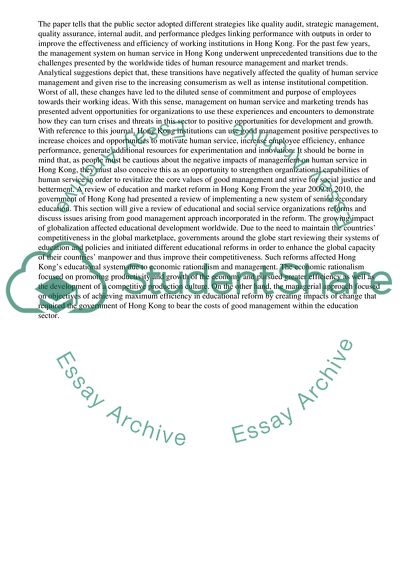Cite this document
(“The Impacts of Managerialism on Human Service in Hong Kong Essay”, n.d.)
Retrieved from https://studentshare.org/management/1397568-the-impacts-of-managerialism-on-human-service-in
Retrieved from https://studentshare.org/management/1397568-the-impacts-of-managerialism-on-human-service-in
(The Impacts of Managerialism on Human Service in Hong Kong Essay)
https://studentshare.org/management/1397568-the-impacts-of-managerialism-on-human-service-in.
https://studentshare.org/management/1397568-the-impacts-of-managerialism-on-human-service-in.
“The Impacts of Managerialism on Human Service in Hong Kong Essay”, n.d. https://studentshare.org/management/1397568-the-impacts-of-managerialism-on-human-service-in.


